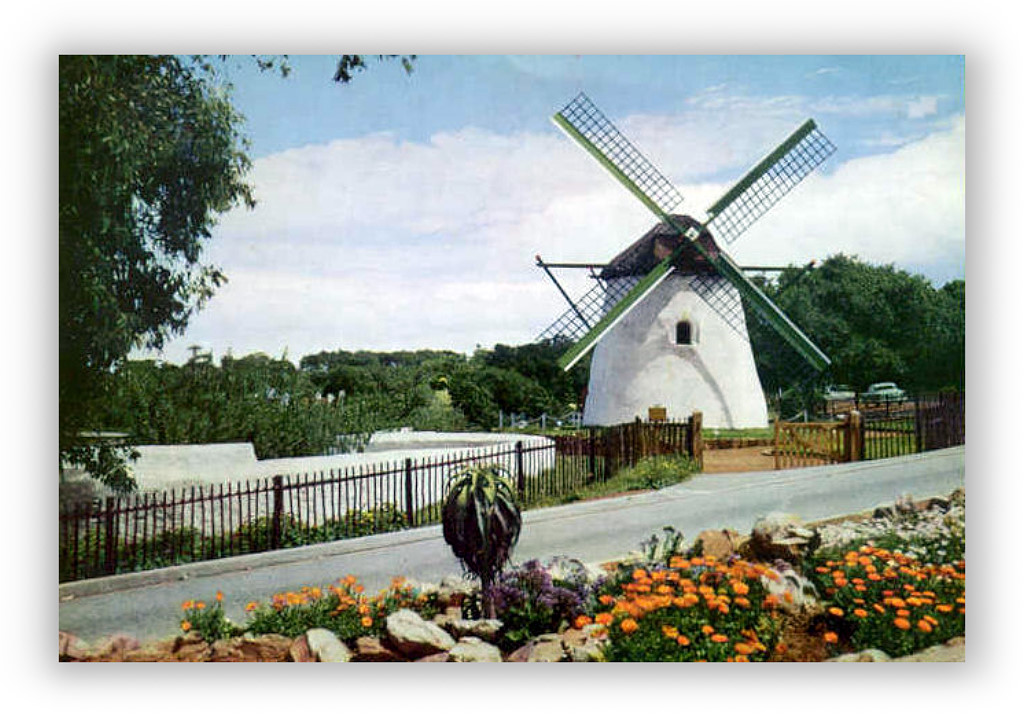My first trip to Thailand was in 2017. That was a trip to meet my ex PhD student Zwe from Burma. Zwe is a kind soul and insisted on meeting in SE Asia. As there was a direct flight from my hometown (Bhubaneswar) to Bangkok, we chose to meet each other at that place. Besides that, Zwe was running a business where they imported medical equipment from Thailand and would visit Bangkok often. He wanted to show me Bangkok. Thanks to Zwe and his Burmese friends I had an amazing trip. I could visit markets that I would not have been able to visit otherwise. I did take a solo trip by a narrow gauge train to Ayathuya and visited a few of the museums in Bangkok. Used their public river transport to see the Wats. It was an amazing trip. Since then I have visited Bangkok a couple of times. I could never put my fingers on why I liked the city so much.
My last trip to Bangkok was last week. I took this trip solely to do a meditation course there. Unfortunately, the nun who used to run the only English medium meditation course fell sick. Serendipitously, I found another place for meditation training. This was Wat Mahathat (the biggest temple complex in Bangkok) where they give free meditation training in English thrice a day. It is advisable to register for this on the same day and just drop in. Meditation courses are often free and you should make a donation as per your wish. It is not mandatory but it is just nice. This meant that I did not have a three-day engagement. I could go 3 hours a day and get the rest of the days to myself. I could also get time to rent a car with my good friend Neti and go on a long drive to the province of Kanchanaburi to see some nature. At the end of my trip, I think I know why I like the place so much. It is the general kindness of the common Thai people that makes it so special. I will count a few incidents.
Traffic in Bangkok, like any other mega city, is crazy. The long queues of cars in front of red lights are a common sight. Bangkok also has a lot of bikes. Bike riders, often, try to pass between the queues of cars. The car riders do not mind. In most places, they would mind because of common human psychology (of getting irritated to see another person skipping the queue while you are stuck). Not only this, I saw that many times the car riders would even shift their car to increase the gap to allow the bikers to pass by. And of course, no one honks.
The second thing I noticed was during our long drive to Kanchanaburi. We were on the road for more than five hours. When you are on the road for so long you do see incidents where the other drivers get a little bit careless (like changing the lane without blinking the indicator). Such a behavior would irritate even Europeans and they would honk. But not in Thailand. No one honks!
Lastly, the way they interact with each other is also very kind. You could see it in their expressions even though you can't understand the language. No one gets irritated. No one even looks frustrated! Waiters, often, would insist on not accepting any tips!
Now I can understand why I like to visit Thailand. It is a land of kindness and friendliness (something that the Buddhists refer to as metta). Visiting Thailand is like taking a dip in the river of metta. And of course, the food is amazing as well. 😌
I will invite everyone to visit Thailand at least once. You have a wide range of things like a huge MOCA museum, a free art museum, Siam Museum (one of my favorites because it made me realize that the concepts of race and nationality are so vague), the Ancient City (an open-air museum that will take you four hours to roam on an e-bike), meditation schools, lots of temples, places to get inexpensive clothing and lots of huge malls.
And here are some pictures.
When MacD visits Thailand they do sawasadee with folded hands! And when the Scania bus comes to Thailand it puts on some fancy makeup. 😍
And when Lord Ganesha comes to Thailand He is called Phra Phikanet. 🙏

.jpeg)



.jpeg)
.jpeg)



.jpeg)